
African governments have been urged to prioritise investments in training and retaining healthcare professionals to curb the continent’s worsening brain drain and improve access to quality healthcare.
Chairman of the Merck Foundation Board of Trustees, Professor Dr. Frank Stangenberg-Haverkamp said Africa cannot achieve Universal Health Coverage (UHC) without a strong and well-retained health workforce capable of responding to the region’s high disease burden.
“Africa carries 24 percent of the world’s disease burden yet has only 2.9 healthcare workers per 1,000 people. Building capacity is not enough; we must retain the talents we train,” he said.

Prof. Stangenberg-Haverkamp made the remarks at the opening of the 12th Merck Foundation Africa Asia Luminary in Banjul, The Gambia, on Friday.
Chaired by the Foundation’s Chief Executive Officer, Senator Dr. Rasha Kelej, with the First Lady of The Gambia, Madame Fatoumatta Bah-Barrow, as co-chair, the meeting brought together First Ladies from across Africa, government ministers, healthcare experts, policymakers, and media professionals to advance efforts to build a responsive health system in Africa.
Prof. Stangenberg-Haverkamp noted that while lack of financial resources remains a challenge to attaining UHC, the more critical barrier is the scarcity of skilled healthcare providers, which continues to undermine healthcare delivery across many countries.
“We believe that good healthcare can transform the lives of individuals and families across developing countries.
Its significance contributes to the economic and social development of any country because healthcare is a major driver of both, and our governments must rise to the task,” he stressed.
The Board Chair highlighted Merck Foundation’s contribution to strengthening Africa’s healthcare systems, including providing more than 2,400 scholarships since 2012 to doctors and healthcare workers from 52 countries.
The training covers 44 underserved medical specialties, including oncology, fertility and reproductive care, diabetology, cardiology, respiratory and critical care, neonatal care, and internal medicine.
Prof. Stangenberg-Haverkamp reinforced the Foundation’s commitment to breaking infertility stigma and promoting girls’ education through the “More Than a Mother” and “Educating Linda” initiatives, which support women’s empowerment and scholarships for underprivileged girls.
He assured that Merck Foundation will continue to work with First Ladies and partners to bridge healthcare gaps and build resilient health systems across the continent.
Dr. Kelej expressed the Foundation’s commitment to continue rolling out programmes to transform patient care and address critical social and health issues on the continent.
“Before our interventions, some countries like Burundi, Liberia, Sierra Leone, and The Gambia had no specialists in key fields such as oncology, fertility, or ICU care.
Patients either had to travel abroad or had no access to treatment at all. It’s really amazing that these scholarships have actually transformed the patient care landscape in the public sectors in all these countries, and today, we are changing that story,” she said.
BY ABIGAIL ANNOH
The post Invest in Health Workers Training and Retention — Merck Foundation Board Chair appeared first on Ghanaian Times.
Read Full Story
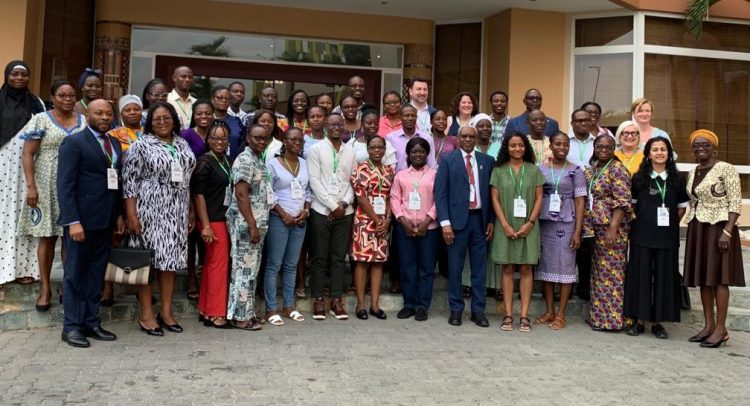
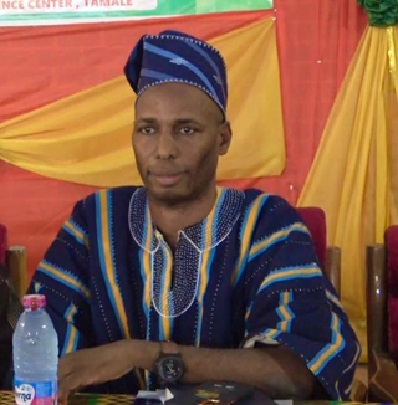
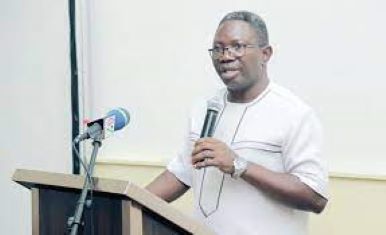



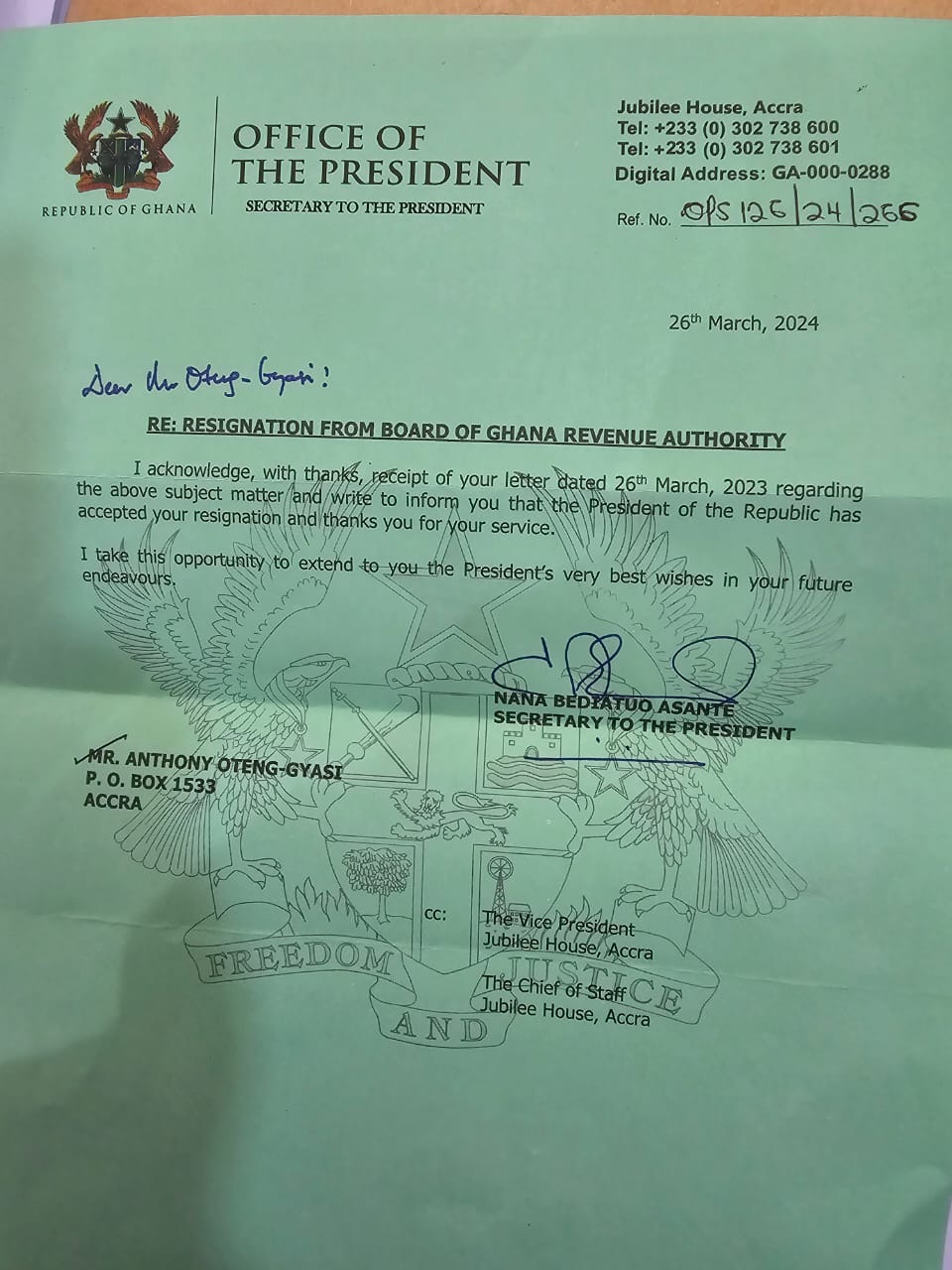



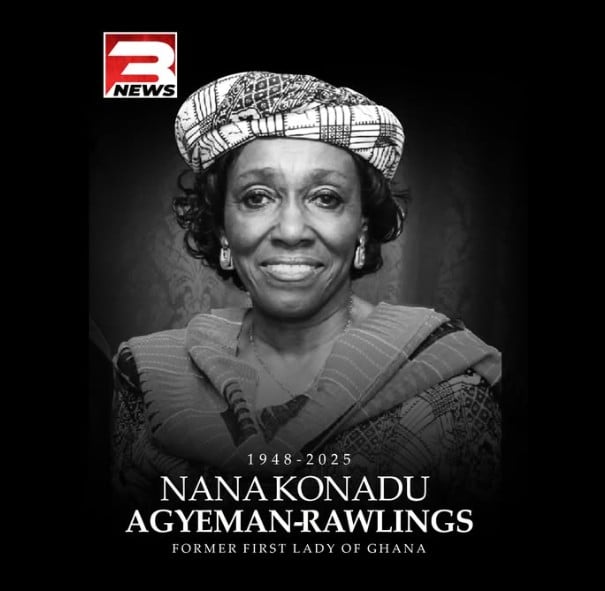







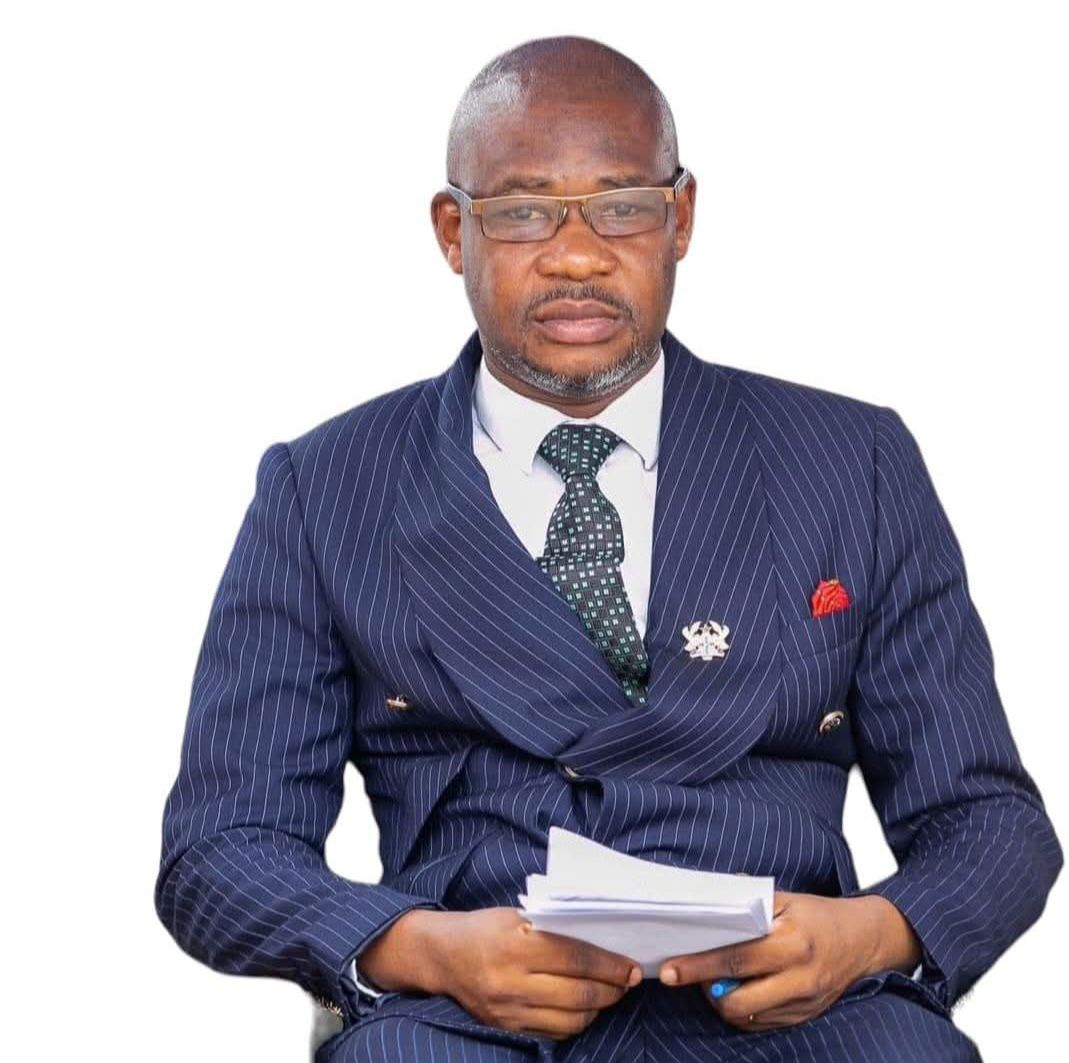








Facebook
Twitter
Pinterest
Instagram
Google+
YouTube
LinkedIn
RSS